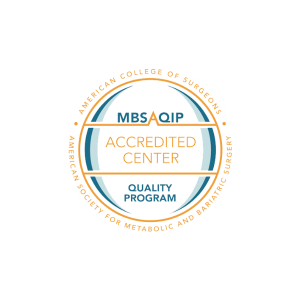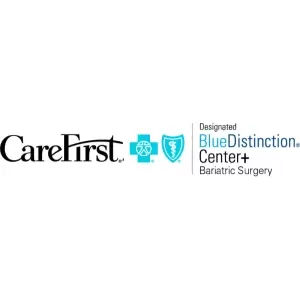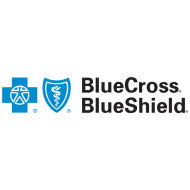Bariatric Surgery
and Transform Your Life
Weight Loss Surgery Seminar Today!
Advanced Weight Loss/Bariatric Surgery in Baltimore and Columbia, Maryland
It always takes a team to help you reach your goals. Dr. Hamdallah and team members form strong bonds with our patients that begin with your first seminar, continue into all of your appointments preparing you for your procedure, and provide support over the years to come. Our patients tell us they value the special ongoing relationship that comes from having a surgeon who knows you, your history, what causes you to struggle, and what makes you come alive.


Health care facilities recognized for expertise and cost efficiency in delivering specialty care.

Over 20 years of changing lives
Meet Your Bariatric Surgeon Dr. Hamdallah

Dr. Hamdallah
Dr. Isam Hamdallah completed his general surgery residency at Saint Agnes Hospital, and then went to the University of California, Davis, where he underwent specialized training in Advanced Minimally Invasive, Bariatric and Robotic Surgery. He then returned to Baltimore to serve his community by providing life changing bariatric surgery to his patients. He has safely and effectively performed over 2,500 bariatric procedures including Sleeve Gastrectomy, Gastric Bypass, and a variety of revisional surgeries.
I have a passion for treating obesity and guiding my patients through their transformation journey to a healthier life after weight loss surgery.
Why Choose Dr. Hamdallah
-
5-Star Reviews on Google, Healthgrades.com, Facebook & Yelp
-
Most major commercial plans are accepted
-
Unparalleled Surgical Expertise with >2,500 procedures
-
Examplery safety record by MBSAQIP National standards
-
Offer one-on-one guidance to keep you on the road to success
-
Bariatric Surgery Top Doc 2021,2022,2023 by peers





Saint Agnes Hospital Bariatric Program is designated by these major insurance companies as a Center of Excellence and designated provider.
Watch our video testimonial
on how Keith lost over 100lbs
with the bariatric program at Ascension Saint Agnes
Bariatric surgical procedures include those that cause weight loss by restricting the amount of food the stomach can hold, those that cause weight loss primarily as a result of malabsorption of nutrients, and those that cause weight loss both by gastric restriction and malabsorption. Most bariatric procedures today are performed using minimally invasive techniques (laparoscopic surgery).
We offer the safest and most effective primary bariatric surgical procedures in Baltimore, Maryland, as well as revision bariatric surgery
Register For Our Free Online Weight Loss Seminar To Compare Your Options!
Try Our BMI Calculator
| BMI | Classification | Health Risk |
|---|---|---|
| Under 18.5 | Underweight | Minimal |
| 18.5 – 24.9 | Normal Weight | Minimal |
| 25 – 29.9 | Overweight | Increased |
| 30 – 34.9 | Obese | High |
| 35 – 39.9 | Severely Obese | Very High |
| 40 and Over | Morbidly Obese | Extremely High |
What is BMI
Federal Guidelines for Healthy Weight
- Underweight. Your BMI is less than 18.5.
- Ideal Weight for Your Height. Your BMI is between 18.5 and 24.9.
- Overweight. Your BMI is between 25 and 29.9.
- Obese. Your BMI is 30 or greater.
Frequently Asked Questions About Bariatric Surgery in Baltimore, Maryland
How long do I need to take off work for Bariatric Surgery?
When can I start exercising again after Bariatric Surgery?
Will I have to take vitamins or supplements after surgery? Does my insurance pay for vitamins and supplements?
Patients will be advised to take a multivitamin, which includes both vitamin and mineral supplements. Patients are also advised to take protein supplements in order to meet protein goals. Insurance typically will not cover supplement costs, however, you can elect to pay for them out of a Flex or HAS medical account. Flex and HAS medical accounts are accounts taken from your pre-tax income that can be used to pay for medical expenses.
Will I have to diet or exercise after the procedure?
The answer is yes. After surgery, you will be put on a highly restrictive post-op diet, which slowly reintroduces foods as it becomes safe for your body to digest them. After the post-op diet, you will be given support in order to help you eat the right foods. Although surgery makes it hard to overeat while reducing the body’s ability to absorb calories, there is a risk that the patient will fall back into old behaviors. For this reason, we provide support including a monthly in-person support group, online support, and help from dietitians who are knowledgeable about the nutritional needs of bariatric surgery patients.
An exercise regimen is highly recommended, and patients who exercise are much more likely to be satisfied with their results.